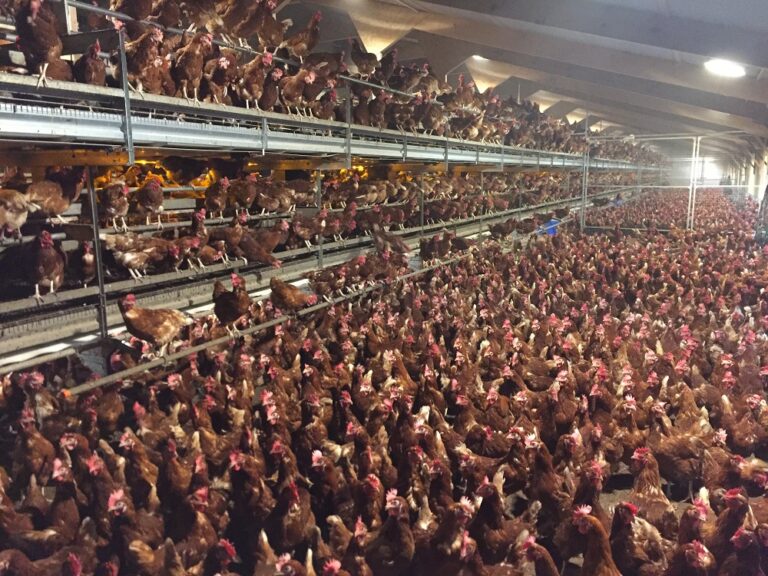Mandatory housing measures for all poultry and captive birds in Norfolk, Suffolk and parts of Essex are to be introduced from 12 October, following a decision by the United Kingdom’s chief veterinary officer.
The housing order legally requires all bird keepers in these hotspots to keep their birds indoors and to follow stringent biosecurity measures to help protect their flocks from the disease, regardless of type or size. Bird keepers are advised to consult the interactive map to check if they are impacted and should then read the new regional AIPZ with housing measure declaration which sets out the requirements in Norfolk, Suffolk and parts of Essex.
The chief veterinary officer is now encouraging all bird keepers in the affected regions to use the next five days to prepare, including taking steps to safeguard animal welfare, consult their private vet and expand housing where necessary.
The new housing measures build on the strengthened biosecurity measures that were brought in as part of the Avian Influenza Prevention Zone (AIPZ) last month, covering Norfolk, Suffolk and parts of Essex. The AIPZ means that all bird keepers need to take extra precautions, such as restricting access for non-essential people on site, ensuring workers change clothing and footwear before entering bird enclosures and cleaning and disinfecting vehicles regularly to limit the risk of the disease spreading.
Over the last year, the United Kingdom has faced its largest ever outbreak of avian influenza with over 160 cases confirmed since late October 2021. The introduction of the housing measures comes after the disease was detected at 16 premises in the affected areas since the beginning of September, as well as several reports in wild birds.
The United Kingdom’s chief veterinary officer Christine Middlemiss said: “We are seeing a growing number of bird flu cases on commercial farms and in backyard birds across Norfolk, Suffolk and Essex, and expect the risk to continue rise over the coming months as migratory birds return to the UK.
“We are now taking further action to help protect flocks from this highly infectious and devastating disease. Keepers in these hotspots must continue to follow strict biosecurity standards to protect their flock, and should use the next few days to prepare and move their birds indoors.”


